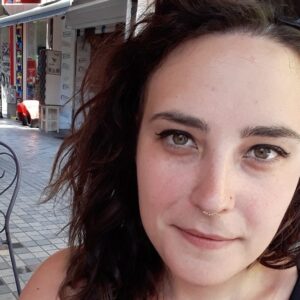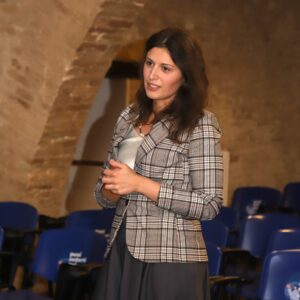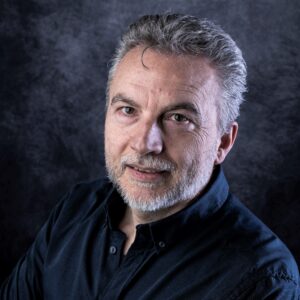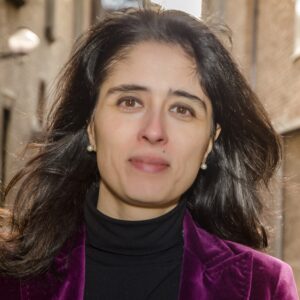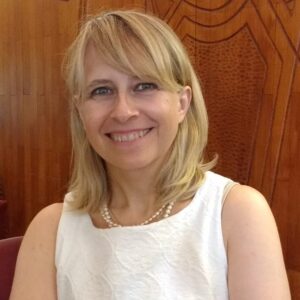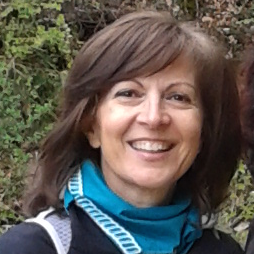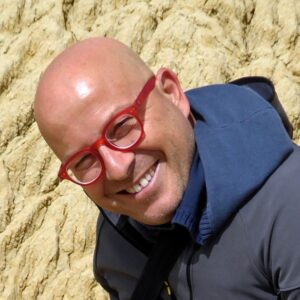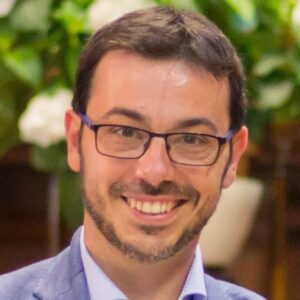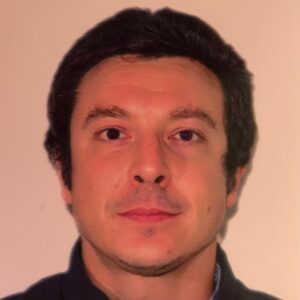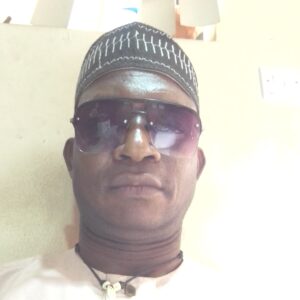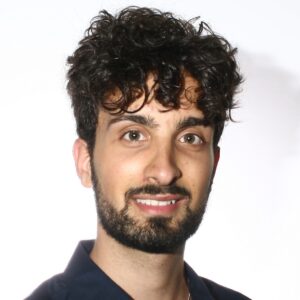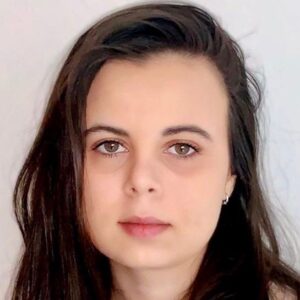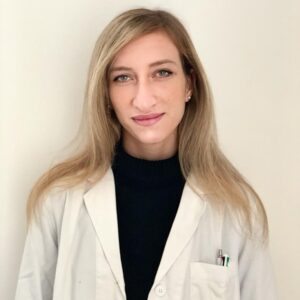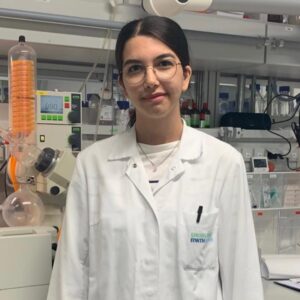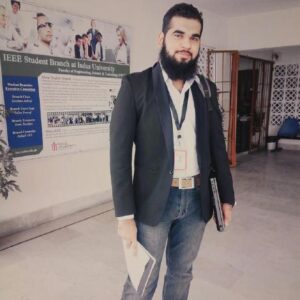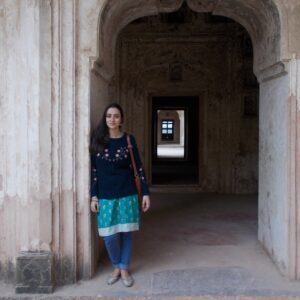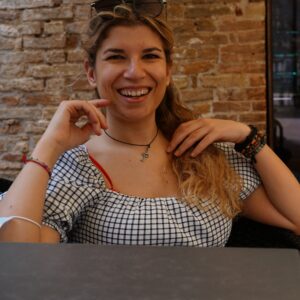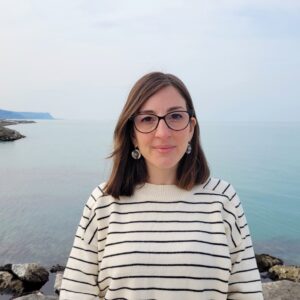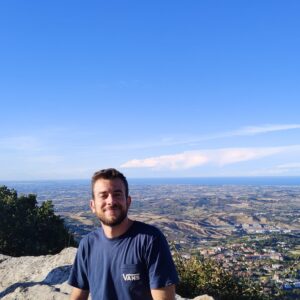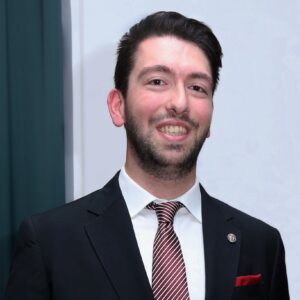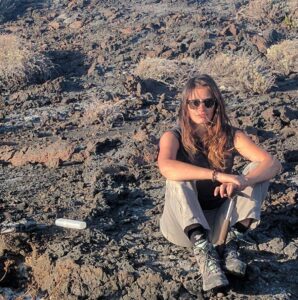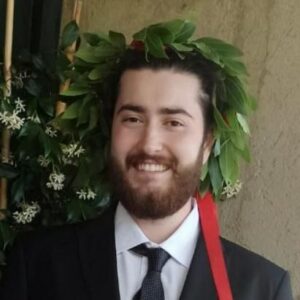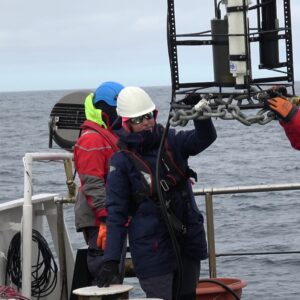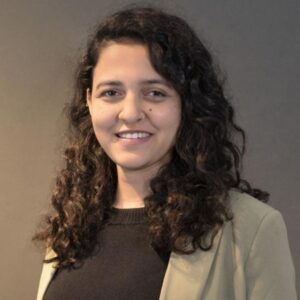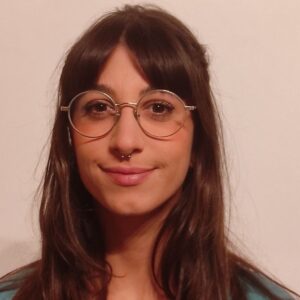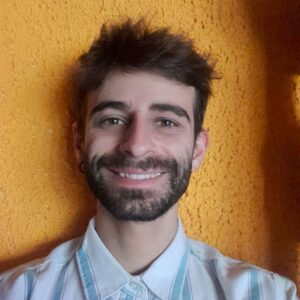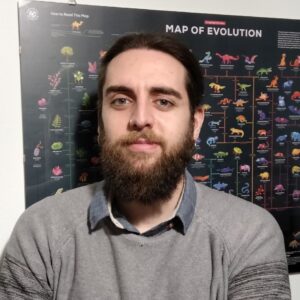
The Ph.D. Programme in Research Methods in Science and Technology, ReMeST, provides students with knowledge, competences, and skills needed to undertake research in science and technology with awareness, responsibility, and method. To this purpose, the degree program provides the opportunity to: deepen ethical and methodological issues, develop critical sense, apply both qualitative and quantitative research methodologies, experience the development, characterization, validation and usage of formal and computational models, improve scientific and technical writing skills, and confront the international scientific community.
The program meets the requirements of innovative PhD programs for its international and interdisciplinary dimensions, covering three research areas, in which students will have the opportunity to take part in national and international research projects.
RESEARCH AREAS
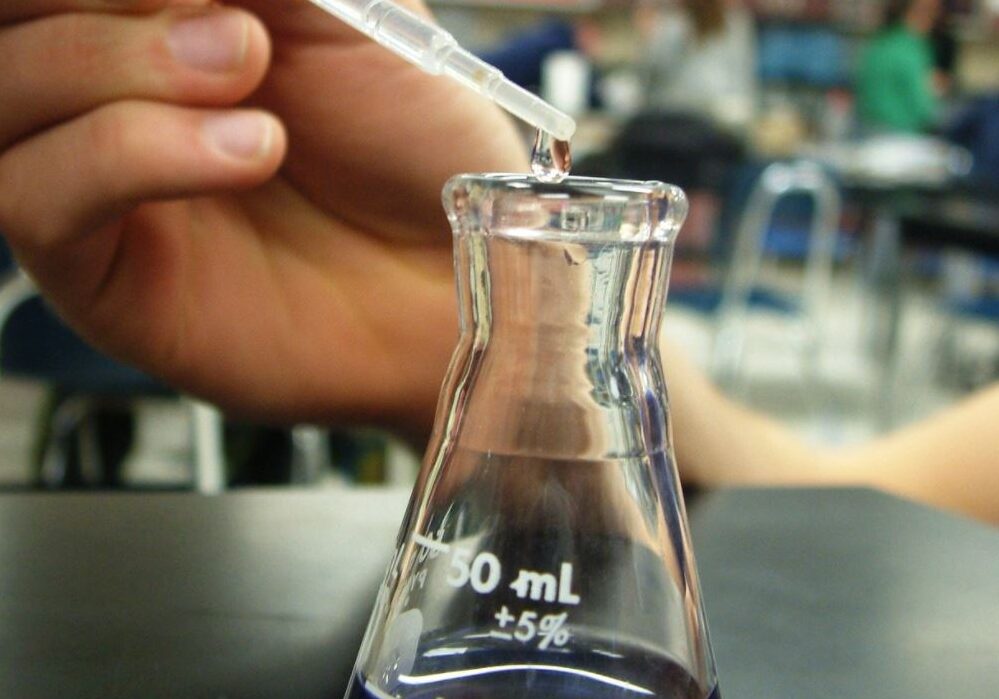
CHEMISTRY
PE4, PE5, LS7
Areas of Physical and Analytical Chemical Sciences, Synthetic Chemistry and Material, and Applied Medical Technologies, Diagnostics, Therapies and Public Health

EARTH SCIENCES
PE10
Area of Earth System Sciences

FORMAL MODELS, DATA ANALYSIS AND SCIENTIFIC COMPUTING
PE1, PE2, PE6, PE9, LS8, SH4
Areas of Mathmatics and Computer Sciences, Industrial and Information Engineering, Physical Sciences, Biological Sciences, amd Historical, Philosophical and Pedagogical Sciences
Studying at UNIURB
Living in URBINO
Studying and living in Urbino, a University Campus, a Renaissance City, a UNESCO World Heritage Site
COURSE STRUCTURE
The 3-Year program entails courses and supervised research: the first year is mainly devoted to courses, preliminary study, and project refinement; the second year is mainly devoted to research activities; the third year is mainly devoted to research refinement and PhD thesis preparation. PhD students are expected to spend a semester abroad and to present original contributions to the scientific community, both by attending international conferences and by publishing on indexed international journals.
Each Academic Year goes from November 1 to October 31. Students’ activities and achievements are evaluated at the end of each AY for admission to the following year or to their thesis defense. Admission to thesis defense is also subject to the approval of external referees.
Courses are taught in English, and structured into modules of 4 ECTS each, corresponding to 8 hour of lectures + project work and study. Assessment is made right after each course by means of written tests and/or reports and/or oral examinations. Seminars are offered to PhD students to provide additional opportunities of either deepening their main fields of interest or widening their research horizons.
Research projects are formally assigned to each student at the end of the first year.
1st Year
Courses for a total of 60 ECTS (120 hours of lectures plus project work and individual study):
- 4 out of 6 common courses on methodological aspects, ethics, technical writing, and atransversal skills, for a total of 32 ECTS
- compulsory area-specific activities for a total of 24 ECTS
- seminar activities for at least 4 ECTS, chosen among Serpieri Lectures
Definition of the Research Project
Preliminary study and research
2nd Year
Mainly devoted to research
- Definition of the Research Project Proposal
- Supervised research activity
- Participation to selected Doctoral courses, Seminars or Summer Schools
- Possible research experience abroad
Students are expected to present the results of their work at International workshops and conferences and to submit papers for publication in international journals.
Scientific English
3rd Year
Mainly devoted to thesis preparation and publications
- Thesis development and completion
- Participation to selected Doctoral courses and Seminars
- Possible research experience abroad
Students are expected to present the results of their work at International workshops and conferences and to submit papers for publication in international journals.
Admission
MAY 29
Opening of applications
Opening of the application procedure
JUNE 29, 11:00
Application deadline
Deadline for applications
JULY
Selection and admission
Evaluation of qualifications, CV, documentation, project proposal, recommendation letters, and oral examination
AUGUST
Enrollment
Upon admission, prospective students can enroll to the PhD programme
SEPTEMBER 20
Opening of extra application
Opening of application procedure
OCTOBER 20, 11:00
Application deadline
Deadline for application; selection, admission, and enrollment
NOVEMBER 1st
Start of activities
Each Academic Year starts on November 1st
COMMUNITY
The ReMeST Community is composed by Lecturers, Management, Ph.D. Students, and PhD Programme Alumni.
STEERING COMMITTEE
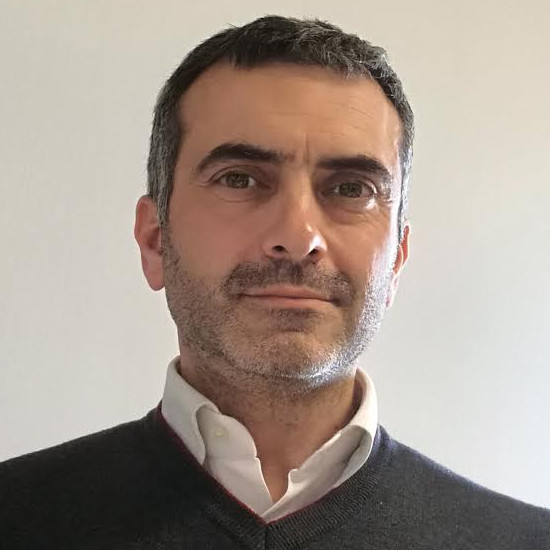
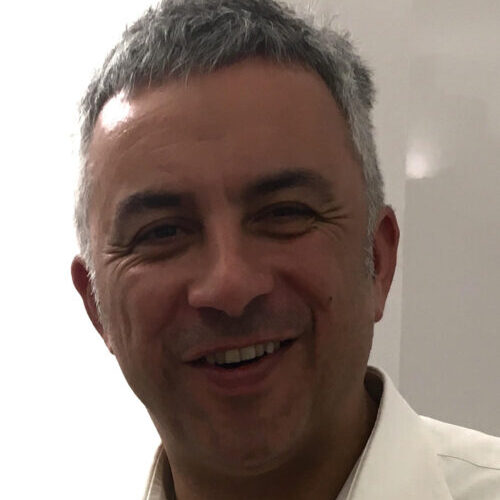
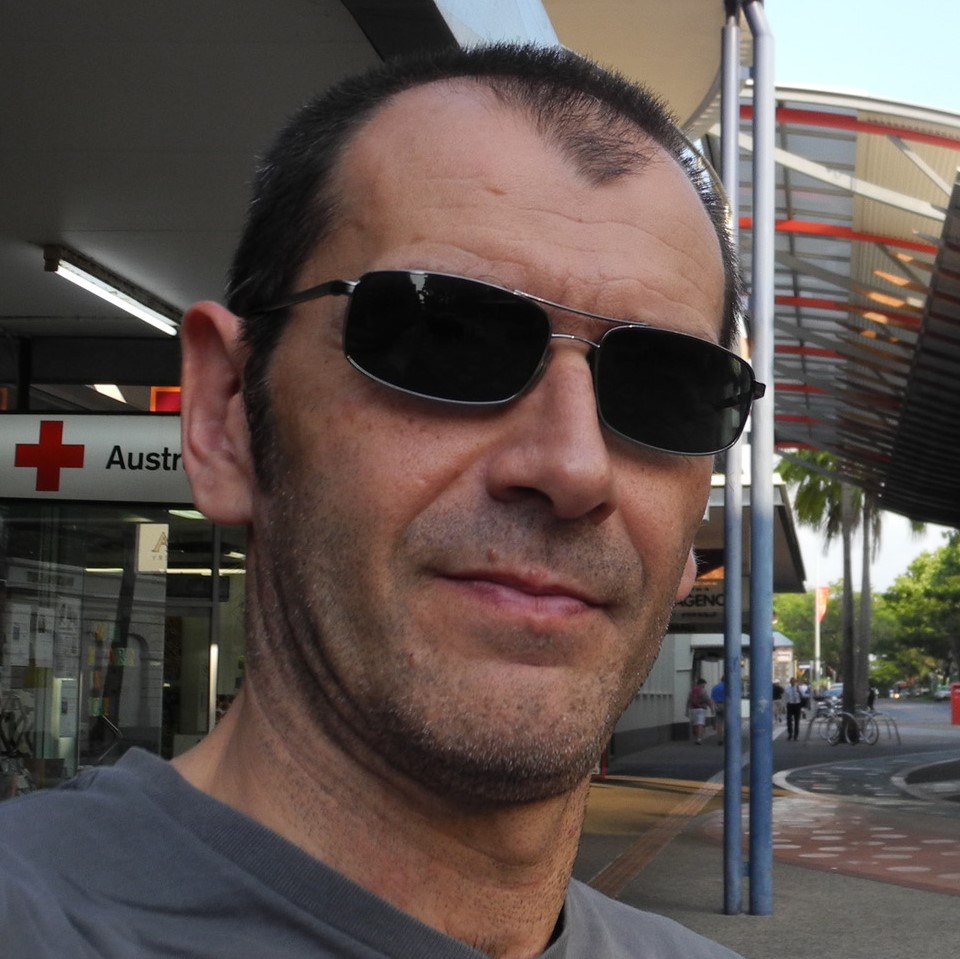
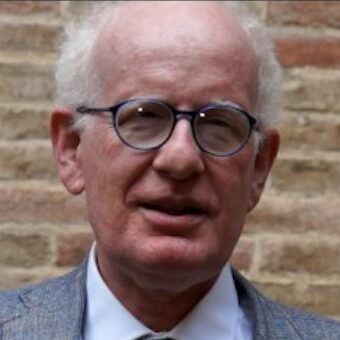
MANAGEMENT
Alessandra Petronio
Didactic Manager
alessandra.petronio@uniurb.it
Christel Sirocchi
Students’ Representative
c.sirocchi2@campus.uniurb.it
LECTURERS
Michele Mattioli
Raffaella Servadei
Catia Grimani
Pierangela Palma
Giorgio Famiglini
Simone Lucarini
Emanuele Lattanzi
Giovanni Molica Bisci
Gino Tarozzi
Marco Menichetti
Matteo Montani
PhD STUDENTS
Lorenzo Chemeri
Christel Sirocchi
Adriano Angelucci

Federico Sabbatini
Udodinma Jude Okeke
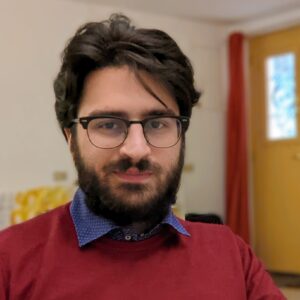
Andrea Esposito

